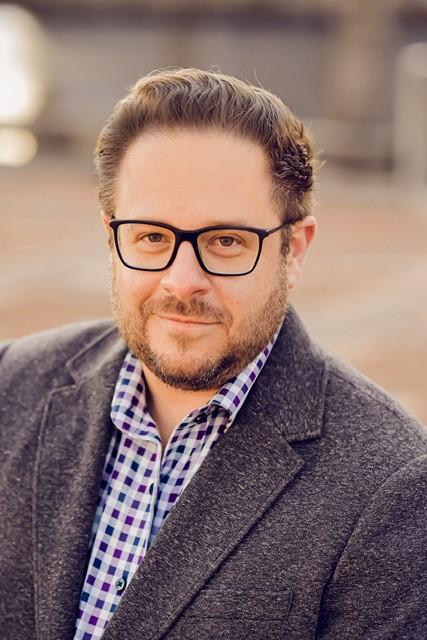Presenter: Matt Edelstein, PsyD, BCBA-D
All NOTS live Q&A events are held via Zoom from 1:00-2:00 ET / 12:00-1:00 CT / 11:00-12:00 MT / 10:00-11:00 PT.
Description:
This session focuses on understanding repetitive, compulsive, and otherwise idiosyncratic behavior common to people with neurodevelopmental disabilities. The medical model of understanding this phenotype is contrasted with a biopsychosocial model to emphasize the role of the environment in the development and maintenance of these behaviors. Also included are topics related to the way that intervention can both promote individual autonomy and reduce socially significant behavior that can interfere with daily functioning.
Objectives:
- Describe differences between medical and biopsychosocial models of understanding repetitive behavior in NDDs
- Analyze key factors that influence and maintain different types of idiosyncratic behavior
- Identify intervention options for people with NDDS to support bodily autonomy while improving quality of life
Matt Edelstein, PsyD, BCBA-D

Matt Edelstein, PsyD, BCBA-D- Director, Brief Treatment Clinic, Department of Behavioral Psychology at Kennedy Krieger Institute; Assistant Professor, Department of Psychiatry and Behavioral Sciences, Johns Hopkins Medicine nbsp;
Dr. Matt Edelstein is a dually licensed clinical psychologist and doctoral level Behavior Analyst. In his professional role, he serves as the director of the Brief Treatment Clinic at Kennedy Krieger Institute and holds an appointment as Assistant Professor in Psychiatry and Behavioral Sciences at the Johns Hopkins University School of Medicine. He received his bachelor’s degree from Boston University, his master’s degree in clinical psychology from Columbia University, and his doctorate in Clinical Psychology from Rutgers University. Dr. Edelstein's current clinical and research interests include the behavioral assessment and treatment of severe challenging behavior in children and adolescents, caregiver and staff training, and high dosage behavioral treatment models.
This event is part of the National Online Training Series and is available by subscription from the National Center for START Services®. Each month, the NOTS includes a pre-recorded presentation and a live Q&A session with presenters, available to subscribers only. You must be subscribed to our list to receive the recording and access the live Q&A.
How to subscribe: Current START programs are automatically subscribed. Many individuals can access the NOTS for free by partnering with their local START program. If you or your agency are interested in subscribing, please fill out this training interest survey. A member of our training department will connect with you for next steps.
Accommodation Requests: It is our goal to make the NOTS live Q&A accessible for all. CART services will be provided for every live Q&A and does not require an accommodation request. Should you have additional accommodation requests, please complete this form and we will make every reasonable effort to meet that request. Someone from NCSS will contact you about the status of your request.
Disclaimer: Speakers and presenters participating in sessions are encouraged to express their findings, experiences, and conclusions on specific topics. They are selected for their areas of expertise and personal and professional knowledge. Therefore, points of view or opinions of our speakers and presenters do not officially represent the National Center for START Services®, the Institute on Disability, or the University of New Hampshire.